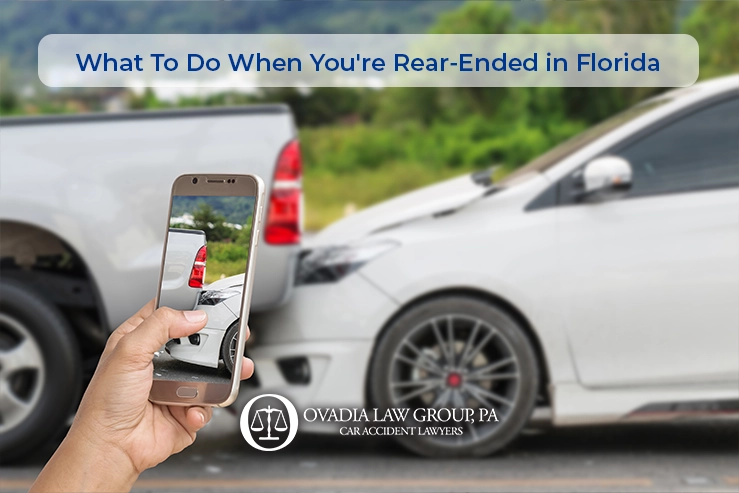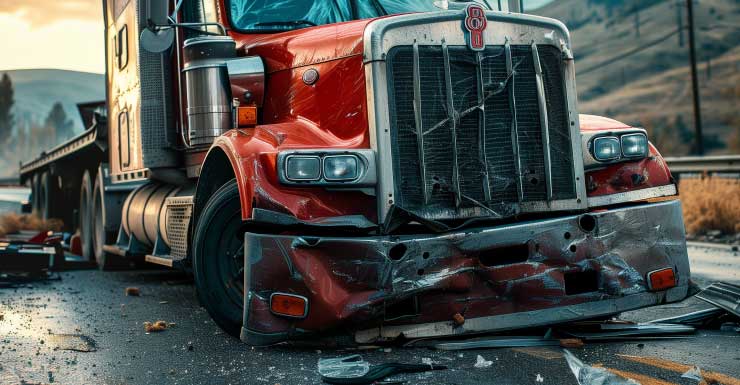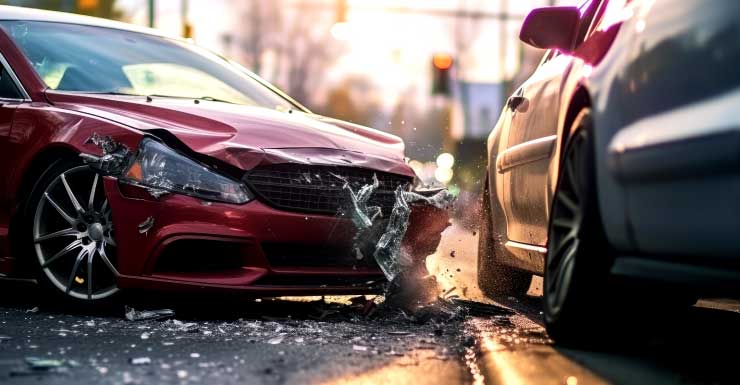Being involved in a car accident is stressful, especially when someone hits you from behind. In Florida, rear-end collisions are among the most common types of accidents on our roads. If you’ve been rear-ended, knowing the proper steps to take can protect your rights and help you recover any compensation you deserve.
Immediate Steps to Take After Being Rear-Ended
1. Stay at the Scene
The most important thing to do following any car accident in Florida is to remain at the scene. Leaving could result in criminal charges for hit and run.
2. Check for Injuries and Call for Help
First, assess yourself and your passengers for injuries. Even if injuries seem minor, it’s crucial to seek medical attention as some symptoms may appear days later. Call 911 to report the accident and request medical assistance if needed.
3. Contact Law Enforcement
Florida law requires drivers involved in crashes with injuries or at least $500 in estimated vehicle or property damage to immediately contact local law enforcement. The responding officer will create an official police report, which is vital documentation for insurance claims.
4. Document the Scene
Take photographs of the vehicles, injuries, traffic signals, and skid marks. This evidence can be crucial for your claim.
5. Exchange Information
Collect contact information from the other driver(s), including their:
- Full name
- Phone number
- Insurance details
- License plate number
- Vehicle make and model
6. Gather Witness Information
If possible, get contact information from any witnesses who saw the accident. Their statements could be valuable for your case. Witnesses provide unbiased, third-party verification of accident details that can strengthen your case by filling gaps in your account. Collecting their contact information immediately after the accident ensures their valuable testimony can be used later
7. Limit Your Statements
Do not make statements to the driver who hit you about the accident. This includes the state of your condition afterwards. Stick to exchanging the necessary information and avoid discussing fault or making apologies.
Understanding Florida’s Insurance System
Florida operates under a no-fault insurance system, which affects how accident claims are handled:
No-Fault Insurance Basics
Florida is one of 13 no-fault states in the US. Under Florida’s no-fault law, all drivers must carry a minimum of $10,000 in Personal Injury Protection (PIP) insurance.
Filing a PIP Claim
When in a traffic crash that is not your fault, you’re first required to file a personal injury protection claim (PIP) with your insurance company before using health insurance or seeking damages from the at-fault driver.
When You Can Step Outside the No-Fault System
You can step outside the insurance system if your injuries are severe and beyond policy limits. This applies for a rear-end collision as much as any other type of car crash in Florida.
Legal Aspects of Rear-End Collisions in Florida
The Presumption of Fault
Florida’s approach to rear-end collisions is rooted in the principle that drivers must maintain a safe distance from the vehicle in front of them. This leads to the initial assumption that the rear driver is responsible for the collision.
The “Bursting Bubble” Presumption
Under Florida law, a rule called the “bursting bubble presumption” assumes if you were hit by another driver in a rear-end collision, they must have breached their duty of care. This means you don’t have to prove they were at fault; they are presumed to be at-fault.
When the Presumption Can Be Rebutted
There are situations where the rear driver may not be completely at fault:
- Mechanical failure in the rear driver’s vehicle
- The lead driver’s sudden and unexpected stop
- The lead driver’s sudden lane change
- Illegally parked vehicles
Should You Hire an Attorney?
If you’ve been injured in an accident, you can benefit from representation of a car accident lawyer. Most car accident attorneys take cases on contingency, meaning they only get paid if they obtain money for you from the insurance company.
An attorney can help you:
- Navigate the complex insurance claim process
- Ensure you receive fair compensation
- Handle communications with insurance companies
- Gather and present evidence effectively
- Represent you if your case goes to court
Final Thoughts
Being rear-ended can result in property damage, injuries, and significant stress. By following the steps outlined in this guide and understanding Florida’s specific laws regarding rear-end collisions, you’ll be better equipped to protect your rights and receive the compensation you deserve.
Remember that each accident is unique, and seeking professional advice for your specific situation is always recommended. Stay safe on Florida’s roads!
After a car accident, follow crucial steps to protect yourself legally while considering hiring an experienced attorney from Ovadia Law Group. We work on contingency, so no fees if you don’t win. Receive a free consultation to help secure proper compensation. Contact our team of car accident and insurance specialists at 1-800-674-9396 to reduce your stress and navigate this challenging situation effectively.
Disclaimer: This blog post is for informational purposes only and does not constitute legal advice. Consult with a qualified attorney for guidance specific to your situation.




